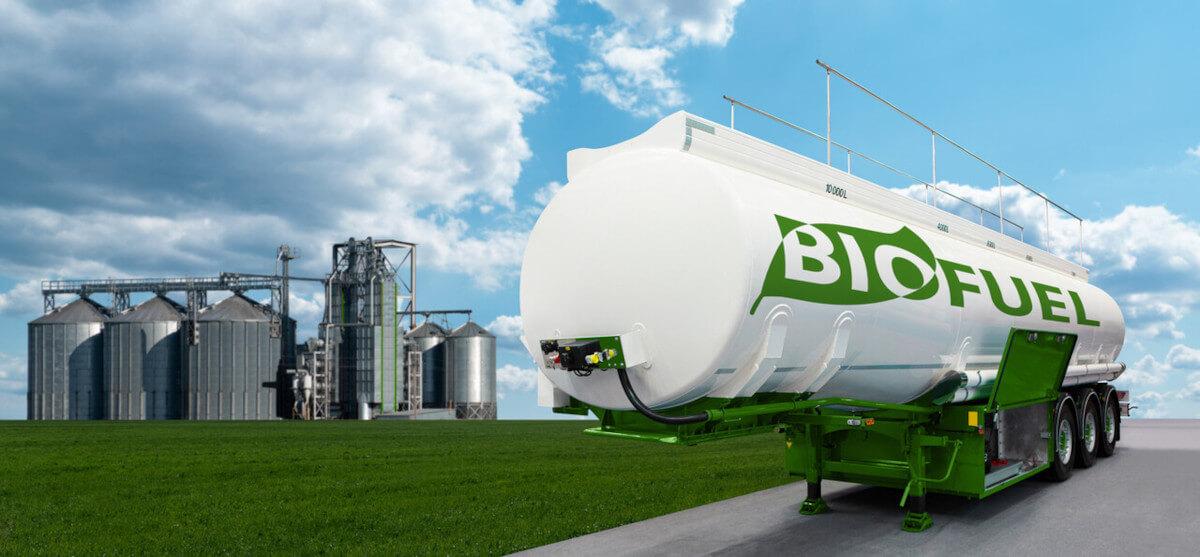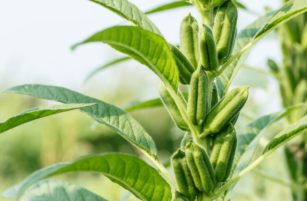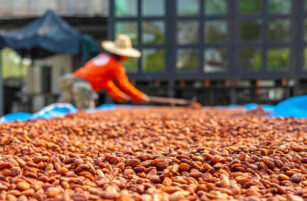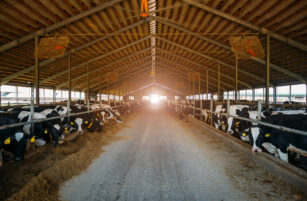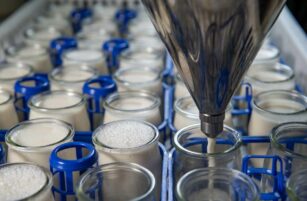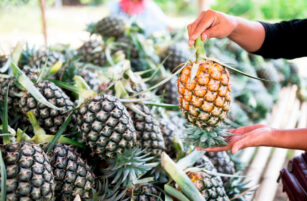Insight Focus
The Brazilian Senate has approved the Fuel of the Future bill. This will open the door to new programmes and incentives to produce biodiesel, SAF and biomethane, in addition to increasing the anhydrous ethanol blend with gasoline.
Law Encourages Sustainable Fuel Production
After being approved in March by the Chamber of Deputies, the Fuel of the Future bill received approval from the Senate last week. Now, it must return to the Chamber of Deputies and be sanctioned by the Brazilian President. We expect the process will occur smoothly, as the law received a large vote in favour.
The main points of the new legislation concern biodiesel, biomethane, SAF and the ethanol blend with gasoline.
For biodiesel, a percentage point will be added to the diesel blend from March 2025 until the target of 20% is reached in March 2030. Currently, the percentage of the mixture is 14%.

Source: Abiove
The voluntary addition of biodiesel, above the limit defined by law, for the transport and energy sector was also permitted. Some examples are public transport, navigation, railway transport, electricity generation and machinery used in agriculture.
We take a look at the main impacts of the bill.
1. Ethanol
The new percentage established for the blend of anhydrous ethanol with gasoline was 27%, with a variation of 22% to 35%. Today, the percentage of the mixture can vary between 18% and 27.5%.
The market works with the expectation that, in the future, the anhydrous blend may in fact increase to the limit of 35%.

To give an idea of magnitude, today with a 27% blend, the national demand for anhydrous ethanol is 12.4 billion litres. Assuming the same demand for fuels and the same share of hydrated ethanol as in 2023, for every 1 percentage point increase in the mixture, the additional demand for anhydrous ethanol is almost half a billion litres.
2. SAF
The National Aviation Fuel Program was also established by the Fuel of the Future bill. The objective is to encourage the production of SAF.
From 2027, airline operators will need to reduce their greenhouse gas emissions on domestic flights using SAF substitution. Emissions reduction targets will gradually increase, starting at 1% in 2027. By 2037, the reductions should reach at least 10%.

Source: Anac
3. Biomethane
The law created the National Decarbonization Program for Natural Gas Producers and Importers and Biomethane Incentives. The objective is to encourage the production and use of biomethane and biogas (biomethane is obtained from the purification of biogas).
According to the new rules, there will be a gradual increase, with a mandatory percentage of 1% of biomethane in natural gas from 2026. The maximum limit was set at 10%.

Source: Cbiogás
The new legislation should boost the sector’s growth prospects. Considered a gas with high combustion power, biomethane can be used as a substitute for compressed natural gas (CNG) to fuel vehicles.
Investments Already Committed
Keeping an eye on opportunities, the market is moving. Atvos announced its intention to build its first biomethane plant in Nova Alvorada do Sul, in Mato Grosso do Sul, where it already produces ethanol. At the same time, the government of Mato Grosso do Sul made a commitment to reduce the ICMS (tax on circulation of goods and services) on biomethane from 17% to 1.8%.
In relation to SAF and other biofuels, the main market players are also aware of the opportunities. Some plants, such as Raízen, Zilor, São Martinho and Ouroeste, have already obtained ISCC Corsia Plus certification, which guarantees the international requirements necessary to produce SAF.
Biodiesel manufacturers are also resuming investments. Be8, for example, announced investments of BRL 1.5 billion in a new soybean crushing factory in Paraná to produce raw material for biodiesel production. Petrobras also works with biorefinery projects. Now, with the new law, initiatives should gain extra momentum.
